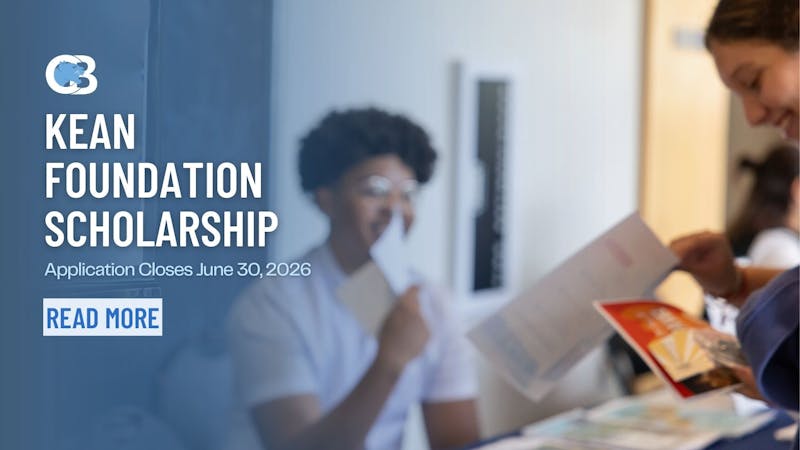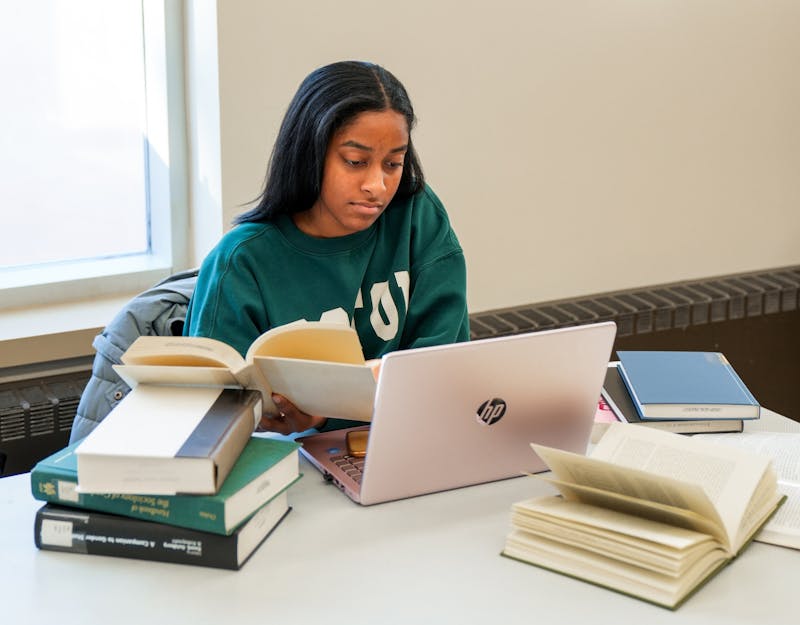The Holocaust Resource Center (HRC) and Diversity Council on Global Education and Citizenship hosted a panel at the Miron Student Center (MSC) Tuesday, April 9 from 4:30 to 7 p.m.. The purpose of this panel was to discuss ways to build a safe and inclusive classroom environment for people across the LGBTQ+ spectrum.
The HRC and Diversity Council on Global Education and Citizenship discussed what educators should be doing to create a comprehensive and protected classroom, how one should respond when a student comes out to them, what to do to keep students safe from their families if they are not accepting and many more.
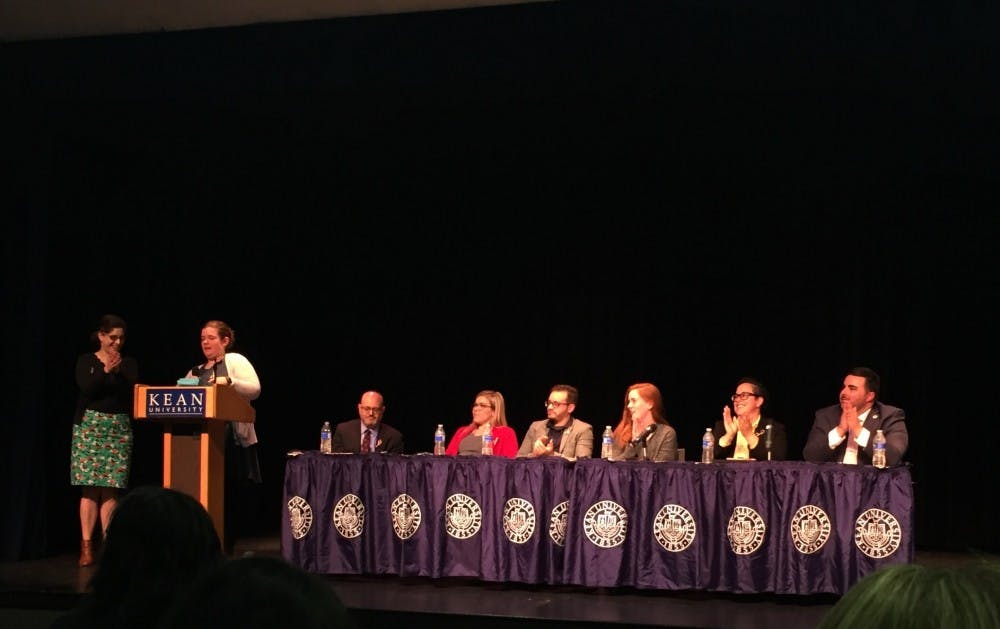
Dr. Adara Goldberg, director of the HRC, put together the panel with the help of Managing Assistant Director Sarah Coykendall, M.A. The event began with Coykendall introducing members of a new student body group called Prism, as well as two New Jersey high school students, Britney Wilson and Gabi DeCastro, who have dedicated themselves to the inclusion of others and the education of the gender and sexuality spectrum.
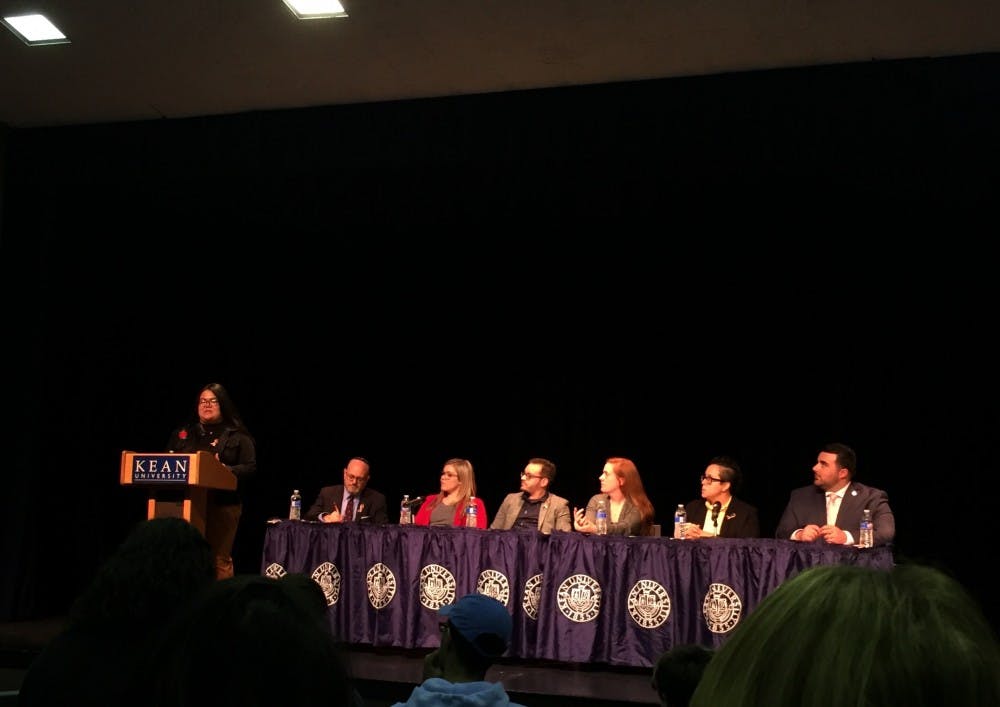
Britney Wilson (she/her/hers) is a junior at Whippany Park High School and is
currently the president of her school's S.A.G.A. (Sexuality and Gender Alliance). Britney co-founded S.A.G.A. in her freshman year of high school to make members of the LGBTQ+ community feel accepted and safe while giving those not in the LGBTQ+ community a way to protect and stand up for their LGBTQ+ friends. She recently organized a Valentine's Day fundraiser where her branch of S.A.G.A. was able to donate to the Newark LGBTQ Center by selling candy grams. In 2018, Britney was the recipient of the Diversity Council on Global Education and Citizenship's Joy Prescott Humanitarian Award for Student Leadership and Education.
Gabi DeCastro (they/them/theirs) is a senior at Watchung Hills Regional High School where they are the co-president of the Gender and Sexuality Alliance (GSA). In their four years as a member of GSA and two years as president, they have been the leader of many projects relating to diversity and the LGBTQ+ community. They have led their ninth grade annual health presentation, which seeks to educate students on the different genders and sexualities, and have also presented for faculty members in their school and within their community.
"It takes one student to be uncomfortable to make a change," and referred to themself as "Patient Zero" when it comes to their ambition for activism.
The panel's moderator was Rabbi Victor Appell (he/him/his), the Reform Community Rabbi and Senior Jewish Educator at Rutgers Hillel, currently living in Metuchen with his husband and their two sons. Below are the following five main panelists in attendance:
- Erin Sikora (she/her/hers) is a Student Assistant Counselor that has worked in both middle and high schools in Woodbridge Township for the past six years. She is currently one of the advisers for the Kennedy S.T.A.R.s, a tolerance and acceptance organization aimed at providing safe network and inclusive events for students.
- Kristofer Berrios (he/him/his) is a senior at Kean working towards his bachelor's in Psychology with a minor in Women and Gender Studies. As a trans man, he has provided seminars at the collegiate level in undergraduate and graduate courses for Transgender Education and Awareness for the past four years.
- Gigi Wickline (she/her/hers) is a Residence Hall Director of both Upperclassmen and Bartlett Residence Halls on campus, the Co-Chair of the Diversity and Inclusion Committee for Residential Student Services and creator of the first LGBTQ+ inclusive group on campus, as of 2016. In 2017, she started holding LGBT inclusion and visibility training for students, student staff and faculty on campus, and she is currently working on a proposal for gender-inclusive housing at Kean.
- Lillian Rivera (she/her/hers) is the current Executive Director at the Hetrick-Martin Institute of New Jersey and has appeared on numerous media outlets. Some including MIC, AOL's Bold, CNN en Espanol and NBC Latino to speak on her activism in the LGBTQ+ community with a focus on minorities and people of color. She has worked with a variety of organizations including the New York City Department of Education, Court Appointed Special Advocates of Hudson County and Fossil.
- Christian Fuscarino (he/him/his) is the Executive Director of Garden State Equality. He is affiliated with GLSEN and through this organization has worked with many Gay Straight Alliances (GSAs). In 2007, he joined the Pride Connections Center of New Jersey as a program developer serving gay inner-city youth, and in 2008 he founded The Pride Network, a national leadership development non-profit.
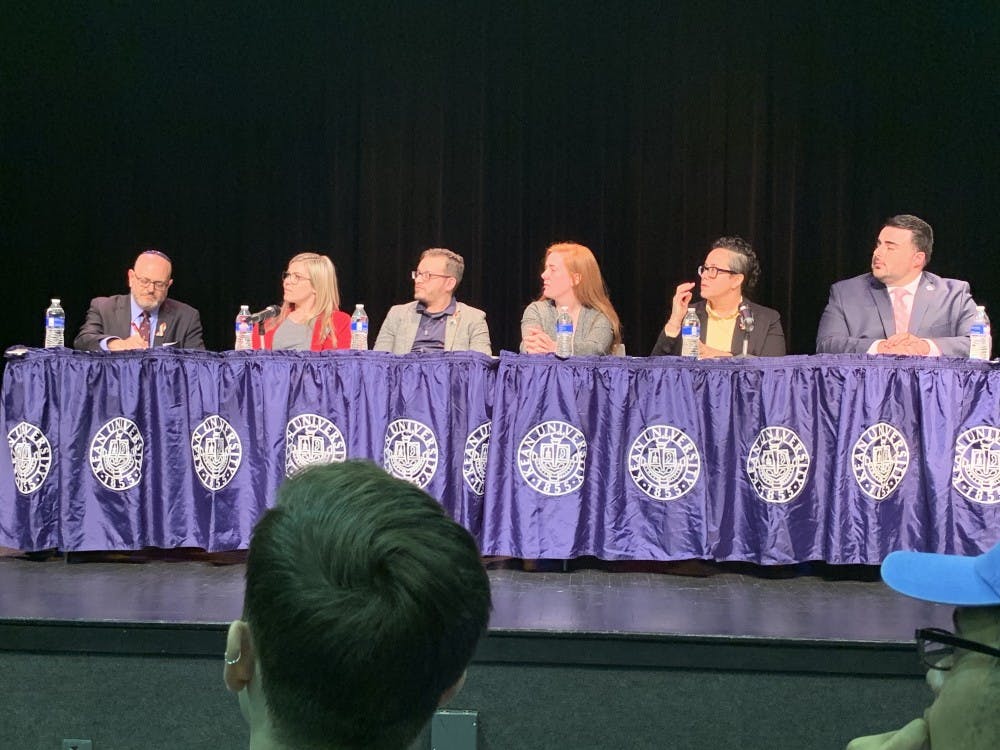
The panelists were first given the question of what educators can do in their classrooms to support LGBTQ+ students. Sikora called for teachers to simply be present.
Berrios added that because suicidal tendencies are higher in LGBTQ+ individuals, it's important to have "a listening ear and do more."
Wickline brought up the idea of slightly altering class introductions to include not just names, but also pronouns. Rivera proposed that education and inclusion should begin in elementary schools with children in Pre-K, as those years are when gender identity begin to form. She also mentioned inclusion for students with LGBTQ+ parents on holidays such as Fathers' and Mothers' day where students might have two dads or two moms and not be able to participate.
Fuscarino brought up the Equal Access Act, reassuring the educators in the room that "nine times out of 10, the law is on [their] side."
When it comes to inclusivity in curriculum, Fuscarino jumped on the question with the importance of health and sex education to ensure students of all genders and sexualities know the ins-and-outs of safe sex.
Since there seems to be naturally more visibility available in high schools, Sikora said that assemblies about respect and celebrations of pride should be the norm.
Sikora said, "If we can celebrate autism and Black History Month, we can celebrate LGBTQ+ students as well."
The next question was focused on what to do if a student comes out to teacher. Rivera said that one should feel honored if a student trusts them enough and that this information should be seen as sacred and private. The most important question that she would want an educator to ask would be, "How can I support you?" Affirming the student and giving them resources such as groups and social workers are also ideal responses.
Since elementary, middle school and high school students spend most of their time with their teachers, a safe space away from a home that might become dangerous or even violent if they came out is a necessity.
Wickline said not to react unless they are in immediate danger.
"You cannot promise a safe home," Wickline said.
Homelessness and poverty in the LGBTQ+ community is a current pressing issue and Rivera affirmed this by saying that, although kicking one's child out is an extreme reaction, it could happen to anyone—not just people of certain minority groups. Garden State Equality (GSE) works to make shelters available for homeless LGBTQ+ youth and are always a solid resource to give to members of the community.
Rabbi Appell weighed in on religion's role in the exclusion of LGBTQ+ people. However, there are many more denominations that accept LGBTQ+ individuals and affirm that they are also "made in the image and likeness of God". Kristofer mentioned the Unitarian Church in Summit, New Jersey on Union Avenue for those who might be interested.
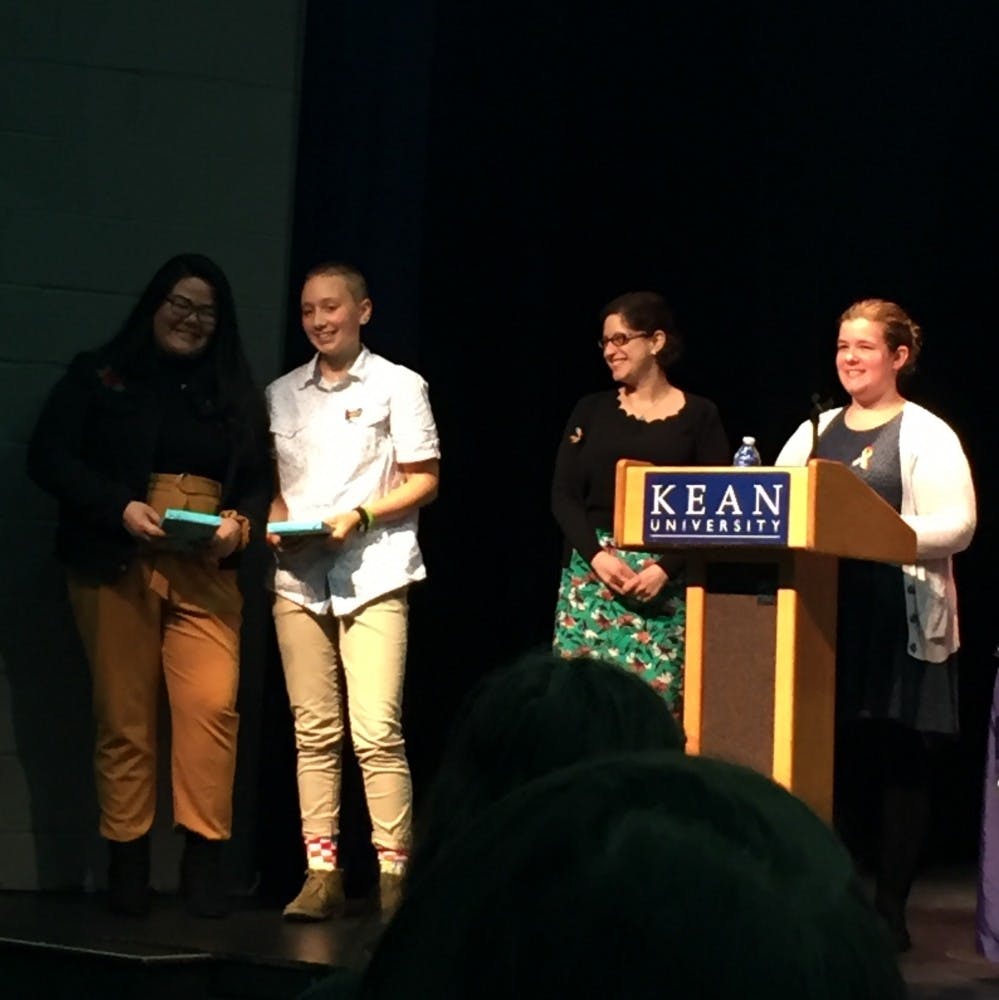
When it comes to supporting transgender students, there is a lot people can do. Rivera said that it is important to help cisgender people, or people who identify with the gender they were assigned at birth, to understand the violence and discrimination that trans people have to face. Fuscarino added that organizations such as GLSEN and GSE have training programs that will come to schools and workplaces to educate people on the harsh reality that many trans people face.
There were a few audience questions, but one that stood out was about the Day of Silence.
The Day of Silence is a day to, "support those who have died while trying to use their voices by not using yours. It's to reflect on those we no longer have," Berrios said.
Wickline added that with her students, she has them research one person who died as a victim of homophobic or transphobic violence and then asks them to perform one act of kindness in the person's memory.
The general consensus among the panel was that there is so much more to be done for LGBTQ+ individuals in a post-marriage equality world.
The main things that the panelists wanted educators to take away was the importance of creating safe spaces for students and to not be afraid to learn and have more questions.
"Be the person you needed when you were younger," Berrios said.




